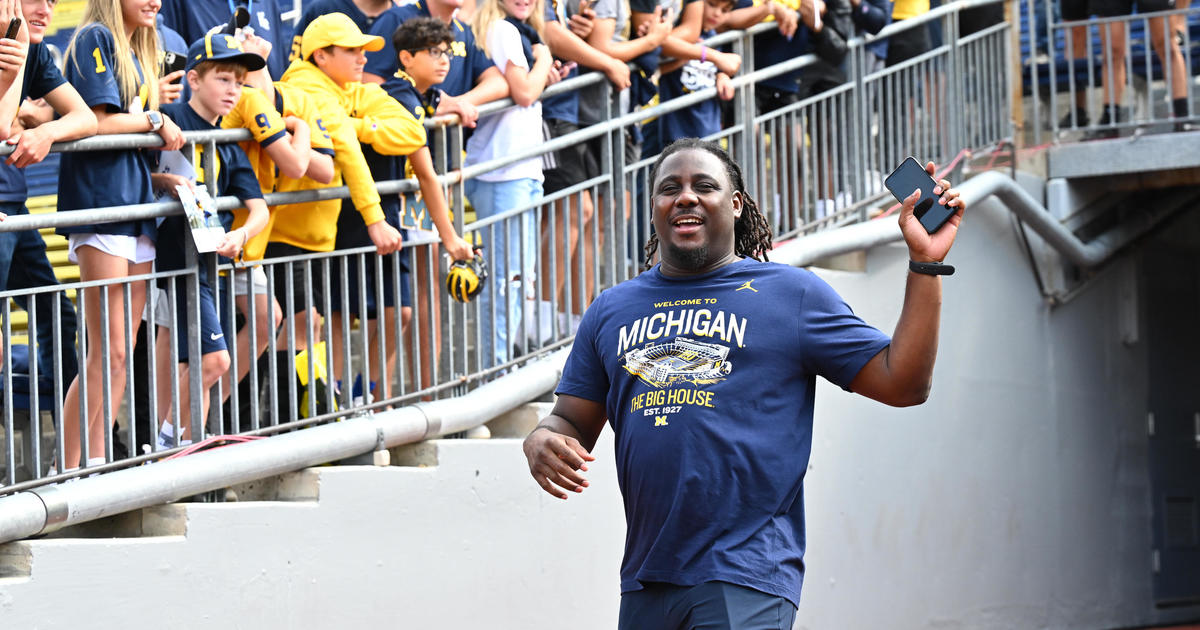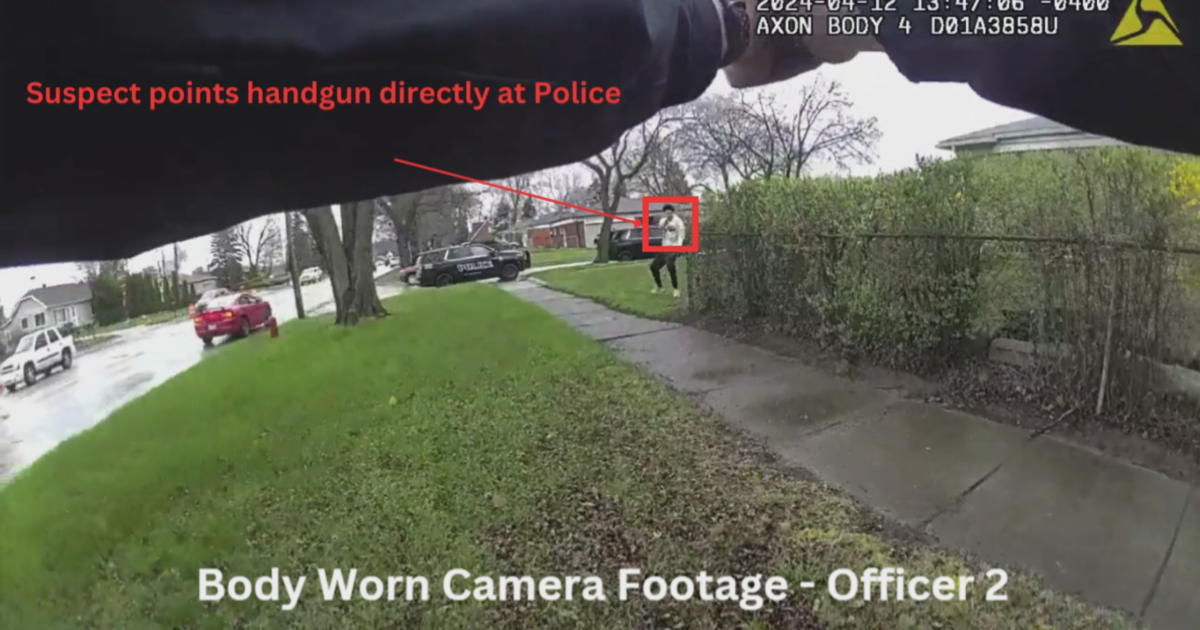Report: ADHD Isn't Just For Kids
DETROIT (WWJ) - Often thought of as a childhood affliction, more than 50 percent of children with attention-deficit hyperactivity disorder (ADHD) will carry the disorder over into adulthood, according to a review of adult ADHD studies by the Journal of the American Osteopathic Association.
The initial lack of recognition that an adult form of ADHD exists can be attributed to the fact that many of the presenting symptoms seen in children tend to morph over time, according to the clinical review's authors.
David A. Baron, an AOA board-certified psychiatrist, said adults with ADHD are not likely to run around erratically in social settings as you might see with a younger ADHD patient, but instead, that person might feel restless and have a difficult time sitting still and maintaining focus.
ADHD is characterized by core symptoms, including inattention, hyperactivity, distractibility and impulsivity.
It is estimated that two to five percent of the adult population in the United States has ADHD. Adults with ADHD are at an increased risk for experiencing psychiatric disorders, including mood disorders, anxiety disorders and substance abuse disorders.
Adults with ADHD often have trouble organizing their lives, meeting deadlines and attending to boring tasks. Other challenges include poor memory, poor concentration skills and being impulsive.
"People just think, 'It's just who I am and always have been,'" Baron said in a statement. "The continuous nature of ADHD symptoms from childhood coupled with the lack of knowledge that an adult form of ADHD exists may explain why most adults do not receive a diagnosis or treatment for this disorder."
Although a number of screening techniques and psychological testing can help a physician make a diagnosis, Baron said an accurate diagnosis is dependent upon a comprehensive interview with the patient by a health care provider who is knowledgeable about ADHD.
Besides the core symptoms, Baron said it is also important to look at executive functioning, which entail a person's cognitive skills. The core executive functioning deficits in adults with ADHD are rated on a scale in such areas as activation of activity (including organizing, prioritizing and beginning tasks), focus, effort, emotion and memory.
Baron said adults with untreated ADHD tend to suffer from other mental health issues compared to adults without ADHD.
"They also face lower education levels, poorer employment records and higher rates of divorce or failed relationships. Many of these adverse life outcomes are directly related to difficulties with executive functioning," he said.
A combination of medication and behavioral therapy, particularly cognitive therapy, can be used to help treat ADHD. Neurofeedback, which involves placing sensors on the scalp to measure brain activity, may be effective in treating both children and adults, Baron said. He adds that some people report seeking help from life coaches who are specifically trained to assist adults with ADHD.
Baron said appropriate treatment can help improve a person's marriage, job and overall self-esteem and life functioning, and stressed the importance of people speaking with their physician if they suspect they have adult ADHD rather than relying on information they find online that might not be accurate or be the best treatment option.
"The Internet does allow easy access to credible, evidence-based information about health care topics, like adult ADHD. However, not all content has been reviewed by medical professionals, making it difficult for people to distinguish between genuine science and personal opinions," Baron said.
"That is why it is important for people to ask their physicians questions about ADHD or any other health conditions to ensure they are getting accurate information."



